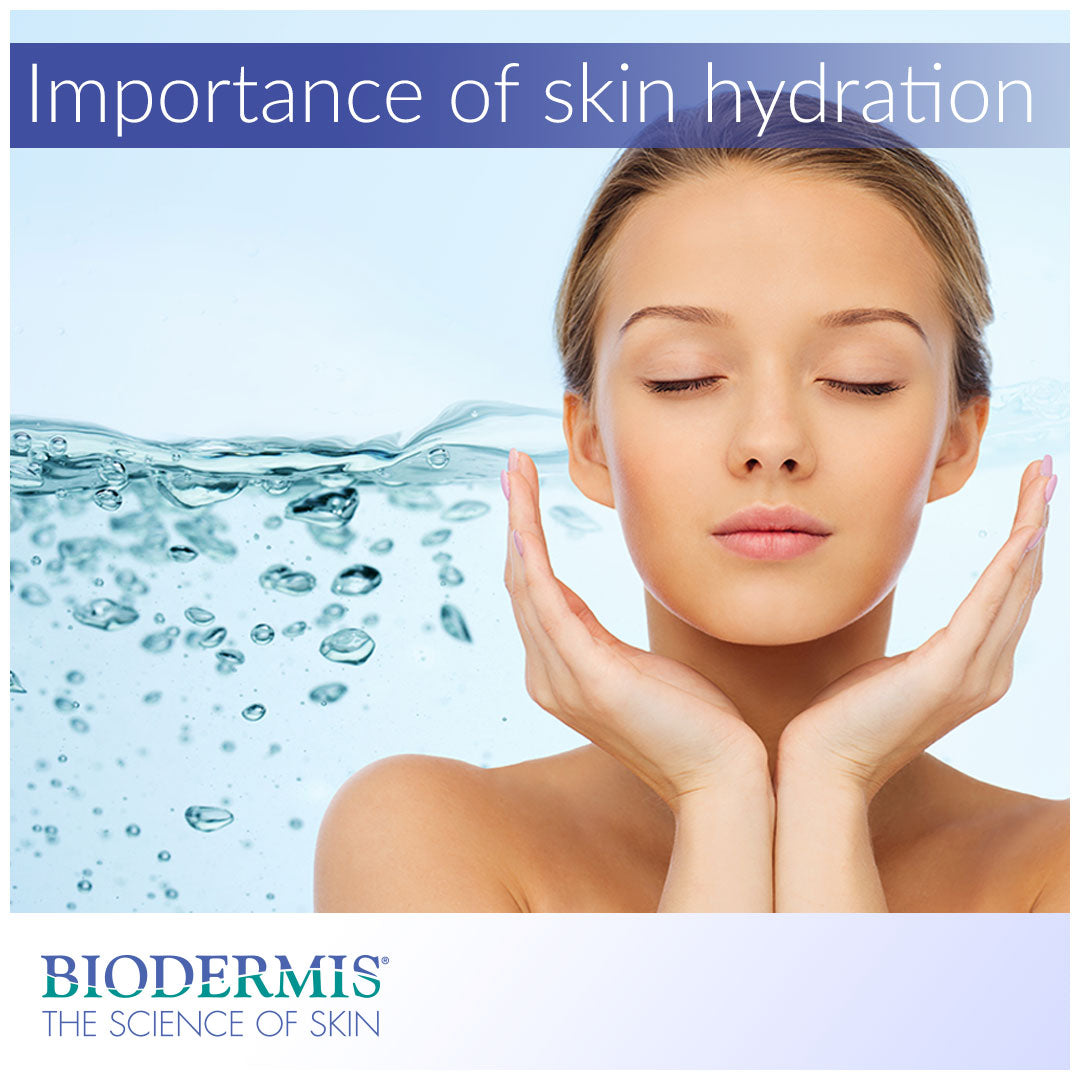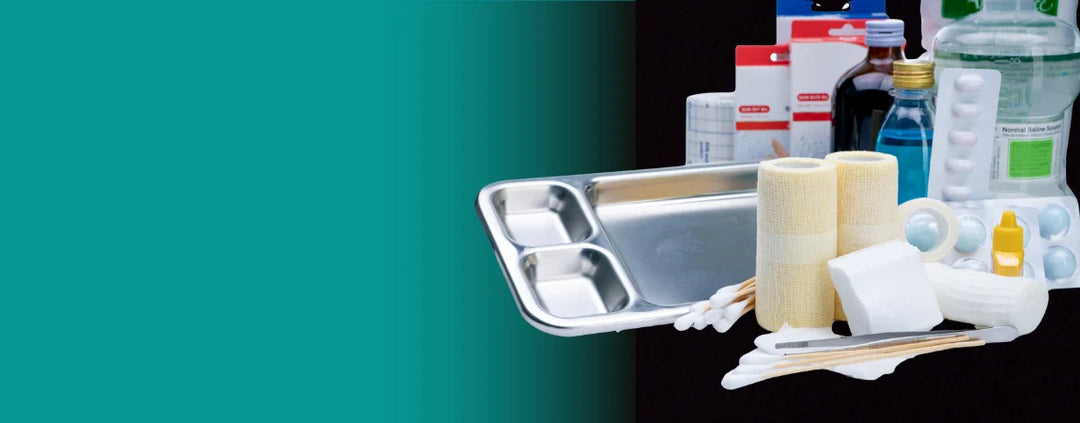Keep reading to learn about hydration’s role in wound healing and what you can do to help your scars fade.
Hydration and wound healing
Every wound progresses through distinct stages of the wound healing cycle: hemostasis, inflammation, proliferation, and maturation. If any stage in the process is disrupted, it can take much longer for the wound to heal. As it turns out, water and hydration play a big role in wound healing and, eventually, scarring. When the skin is damaged, blood rushes oxygen and other necessary nutrients to the wound site. If a person is dehydrated while this is happening, less oxygen will be delivered by the blood. This leads to a slower wound healing process and greater scarring down the road. Furthermore, if a wound takes longer to heal, it gives infection a chance to set in, with can make for greater complications.As soon as you attain a wound, it is advised to immediately clean it with soap and water and cover it with a bandage. Wounds should not be exposed to open air because they can dry out and take longer to heal. By using an antibiotic ointment and covering your wound, it will heal in an optimal environment of moisture and oxygen. While your wound is healing, be sure to drink plenty of liquids to aid the body in sending dire nutrients to the site. Some wounds, when they are adequately hydrated and healing properly, will seep clear fluid. This phenomenon, known as exudate or drainage, is a normal occurrence and means that your body is working to keep the wound moist and free from infection.
Hydration and scarring
Scars begin to form during the final stage of wound healing and will sometimes continue to heal and change for more than a year. During the scar maturation stage, collagen fibers are reforming and cross-linking to strengthen the skin and regain its former shape. Just like during the wound healing stage, scars need proper moisture to fade over time. The best way to increase the moisture levels at your scar site is to use silicone gel therapy.
Medical grade silicone is a clinically-proven topical solution for the prevention and management of keloid and hypertrophic scar formations. Topical silicone is designed to flatten and soften raised scar tissue by inducing hydration and regulating collagen synthesis. Deep wounds trigger excessive moisture loss, and skin cells will often work overtime to rebuild and repair damaged tissue through the overproduction of collagen. Medical silicone gives the user advantage over the wound-healing process by amending these issues that lead to raised and discolored scars.
Biodermis is an innovative market leader with 30 years of expertise in the medical silicone industry. Visit Biodermis.com today to explore a complete range of scar management and post-operative care solutions.
PHYSICIANS AND MEDICAL PROFESSIONALS: REFER OR RESELL?
Biodermis offers custom tailored referral programs designed to simplify and reduce the cost of your patients' post-op care. Additionally, we offer professional pricing if you opt to retail our products. Give us a call at 800.322.3729, and we will be happy to provide additional details on these programs.



